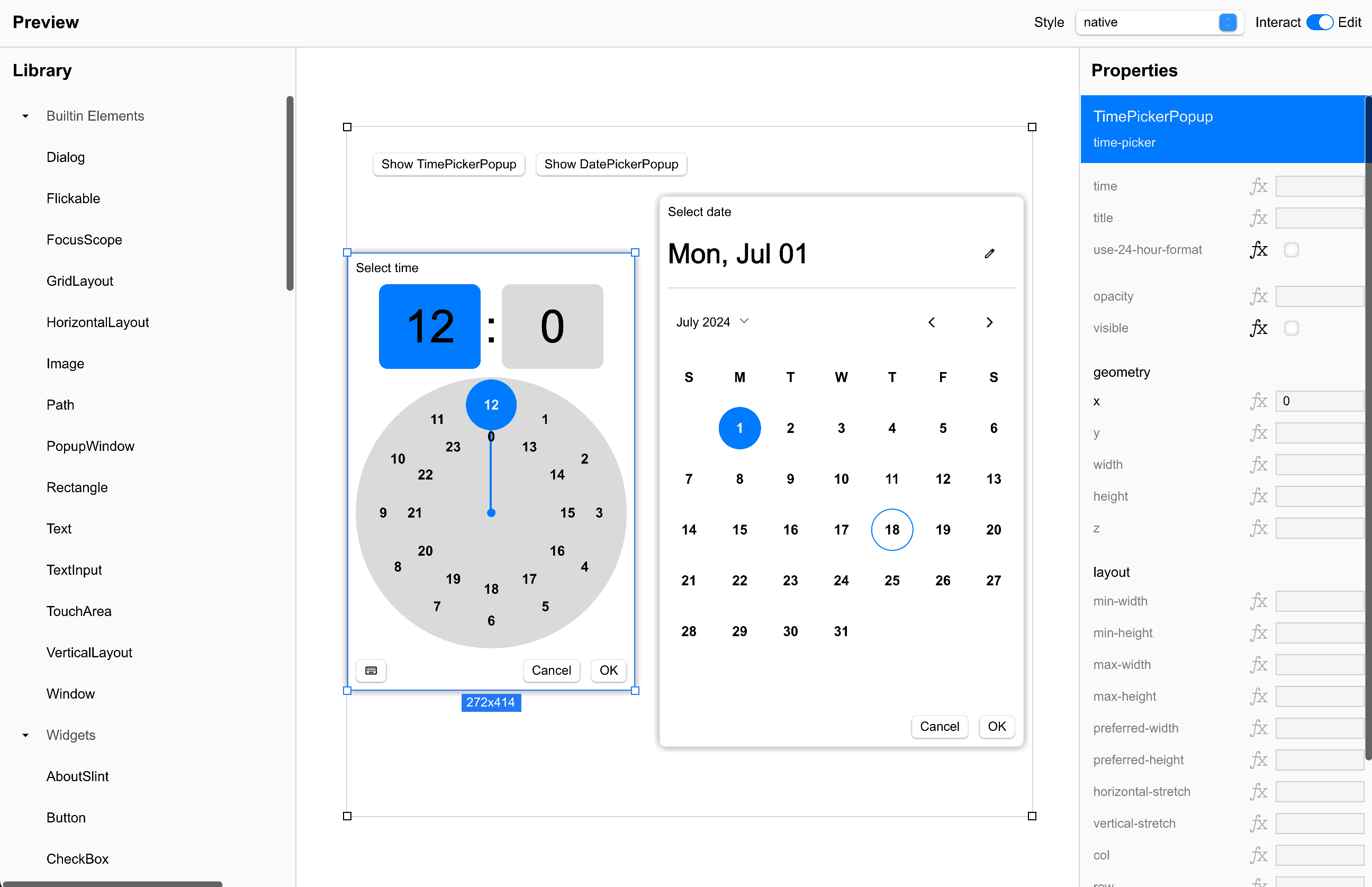Yes, I should not have said “impossible”: nothing is ever impossible to breach. All you can donis to make a breach more expensive to accomplish.
Those separate tpm chips are getting rare… most of the time they are build into the CPU (or firmware) nowadays. That makes sniffing harder, but probably opens other attack vectors.
Anyway: Using a TPM chip makes it more expensive to extract your keys than not using such a chip. So yoj win by using one.





If you find a reliable way to allow for people to use data without being able to copy it: Patent it right away, the entertainment industry will be paying big time for it.
Same for erasing the laptop: You can only erase something as long as you can talk to the machine in some way to instruct it to clean itself up. The guy with the machine in hand can just turn off wifi to stop it from receiving the message…